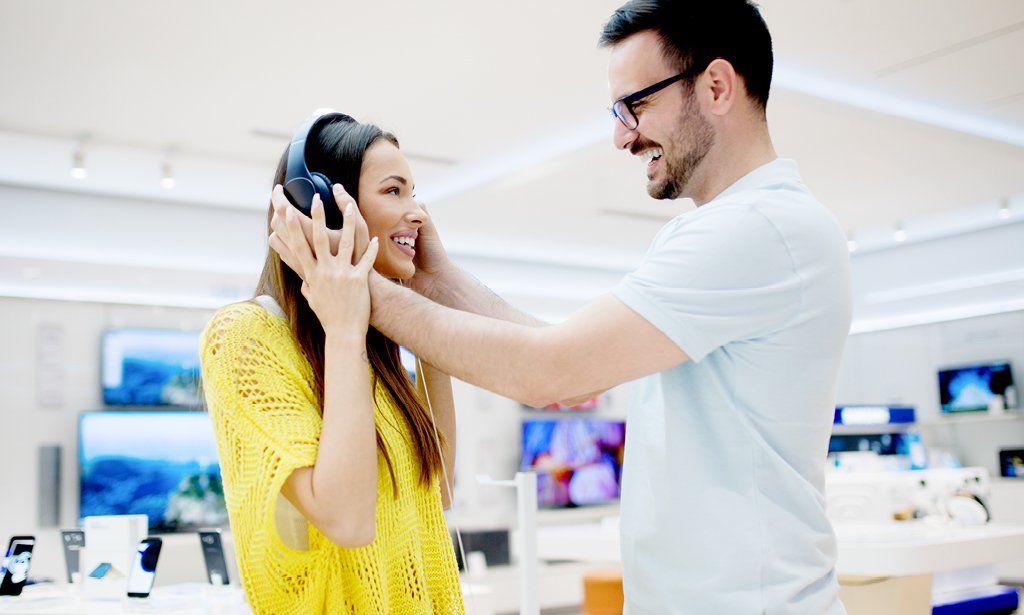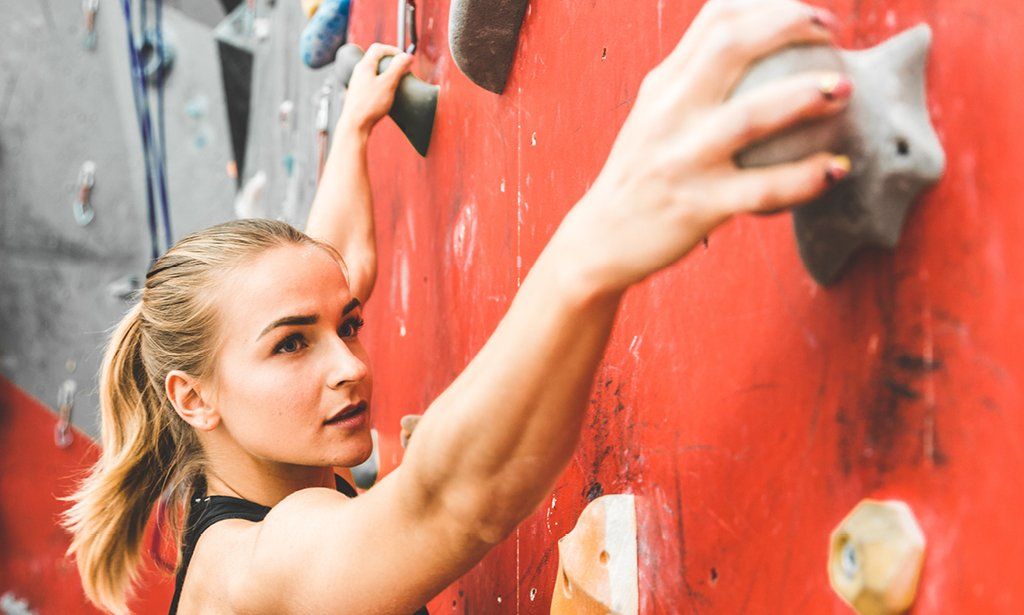
Brand innovation that transforms
EXPERIENCES PEOPLE LOVE
A creative agency bringing brands to life in the digital and physical space
What emotions does your brand evoke?

Does your brand experience inspire customer engagement?

How meaningful is your content?

Does your brand experience inspire customer engagement?

What are your customers doing tomorrow?
ABOUT
We help ambitious brands grow
We’re a small team of creative and strategic thinkers dedicated to exploring ways for brands to deliver great experiences – in the digital and physical space. We like to collaborate with clients, helping them bring their stories to life and move forward with purpose. Our team continue to strive and make outstanding content that inspires audiences and drives positive growth.
We cover all brand communications – from local marketing to national campaigns.
We humanise brands.
We simplify the complex.
We create how brands look and feel.
APPROACH
A human-centred approach: Tailored and intuitive, focused on helping clients grow.
Research & Analysis
Insights
We listen to you and get a clear understanding of your business. We analyse your audience, their motivations, attitudes, and unearth fresh insights.
Strategy and Purpose
Strategy & Planning
Co-creation & Innovation
We work collaboratively with our clients, transforming great design and user experience into innovative solutions, and brand purpose strategies – with substance.
Inspiring Experiences
Branding & Campaigns
Content & Digital solutions
We deliver inspiring stories, helping brands communicate with their audience. From brand design, to animation and social media content to websites and apps.
Our ideas work seamlessly, making brands relevant,
distinctive and memorable:
– Brand awareness
– Customer engagement
– Customer loyalty
– Social reach
– Staff engagement
– Thought leadership
– Brand awareness
– Customer engagement
– Customer loyalty
– Social reach
– Staff engagement
– Thought leadership
SERVICES
We help clients bring experiences to life through brand identities, communication strategies and storytelling.
BRAND STRATEGY
We create original brand identities together with a unique brand personality that communicates your story.
DIGITAL & SOCIAL
We develop a digital road map and help you prioritise your initiatives – ensuring your digital touch points deliver a great customer experiences.
New Paragraph
NEWS

By Brilliant Episodes
•
December 8, 2020
Traditionally organisations have formal processes in place as a way of reviewing opportunities in terms of their viability and overall strategic direction. This often means keeping on top of brand changes and updates - which can be difficult to keep up with from the inside, particularly when staff are dealing in the internal day-to-day running of the business. Having access to external brand guardian/agency helps to ease this issue, as they can actively address the brands ongoing needs. There’s a perception, that brand agencies work closely with clients to define the right brand strategy and visual identity that will help achieve the grand ambition. Once the branding project is complete – the job doesn’t stop there though. Brand guardians/agency can play an important role in nourishing client’s internal culture - proactively provide fresh ideas, skills, and perspectives. Here are a few ways in which clients can benefits from investing in an on-going brand guardian: Independent assessment of ongoing priorities and direction as new opportunities or challenges surface; Provide a monthly or quarterly evaluation report to ensure your brand remains relevant in an every change landscape; Ongoing support, regarding effective internal communication to help reinforce the brand vision- this could be distributed via the website/intranet or newsletter; Help to maintain high standard and consistency of visual communication and brand assets - this may involve regular creative reviews, creation of design templates or briefs; Evolve the client’s storytelling overtime - respond to the changing customer needs, and reinforce content for all stakeholders; Ensure the brand experience evolves – touchpoints are aligned with brand values and principles; It also means clients can stay on top of both internal and customer needs and are continually raising the quality of output and ensuring rapid response to any external factors. The brand guardian’s role really depends on the clients needs, whether it’s a fast-growth business scaling up, a family firm experiencing generational change, or a global company trying to unite culture – it’s not a matter of one-size fits all. Today many organisations are rapidly transforming their businesses – adopting new approaches based on traditional principles. Strong customer service, focused on values and mission statements, employees fully engaged in your brand mission are all tied together with engaging and effective storytelling. At BE, it feels natural to us and our client’s to continue the relationship beyond the initial strategy and identity project; the job simply isn’t complete. Businesses need to constantly adapt and evolve their brand, attracting new audiences, create new experiences, expanding into new areas, and staying one step ahead of the competition. We are here to help guide our clients on this journey, and ensure they are ready to adapt and continue to thrive. Time to dig a little deeper. How can you get your customers to build a relationship with your brand?

By Brilliant Episodes
•
April 29, 2019
E-commerce has changed how we shop and carry out most aspects of our daily lives. These day’s consumers find themselves shopping online, eBay or Amazon, all in the name of convenience. The need for retailers to become customer centric is no longer a debate. National grocery supermarket retailers Coles and Woolworths are investing heavily in developing both online and in-store innovations. Serving a broad range of customers – from young urban families through to the needs budget conscious shoppers. Essentially, both brands have set out to understand their core customers – building an experience that delivers, from store layout to pricing to private label products and reliable home delivery. One doesn’t need to be a great visionary to look at the future models with drone delivery and smart kitchen appliances (refrigerators) to understand the need for grocery stores to refining their online shopping and delivery. So what does the future grocery store look like?

By Brilliant Episodes
•
December 11, 2018
Brilliant Episodes: brings together brand strategy and design to deliver meaningful customer experiences. Mind you, building experiences is not just a creative exercise. We work collaboratively with clients – an energetic team with a bold vision and purpose, working across multiple channels to engage with even the most hard-to-reach audiences. BE’s purpose: delivering desirable outcomes that reflect client’s genuine and authentic core values.

By Brilliant Episodes
•
October 30, 2018
The majority of brands adopt personality traits as a way of attracting like-minded consumers. Read how brands set out to influence both employees and consumers with the clever use of personality traits. Research shows competitive brands with a clear independent brand identity and personality- provide encouraging internal engagement needed for growth, and consistently delivery of customer expectations. Essentially, branding is the creation of a clear, distinct and ‘own-able’ personality that encourages people inside the business to believe and people outside the business to buy. A personality is an accessible shortcut to understanding a brand - what it stands for and helping employees understand how to preform their role. Brands can use adjectives to describe their brand, they can be fun, kind, reliable, cool or even cheerful – for example Timberlands are rugged, Cartier is elegant and Mini Coopers are quirky. The creation of a brand personality requires a range of skills, from developing a compelling brand narrative and set of values to creating the ideal brand experience. In fact brand personality can be based on real or fictional characters. Today many brands are adopting to use real people to personify their brand, clearly wanting to benefit from the favorable brand associations. For example, Emirates and Etihad hiring Jennifer Aniston and Nicole Kidman respectively as brand ambassadors. The use fictional characters, including mascots have also been extremely popular over the years. Mascots can be used to carry the emotional elements of the brand personality as a meaningful point of differences. Most us would recall the popular mascots, the Michelin Man and the Duracell Bunny, both representing the brand value of durability – these two fictional characters provided enduring connections and valuable brand assets. A brand experience can be emotionally relevant at the retail level. The Spanish footwear brand Camper provides a great brand experience, creating a uniquely engaging space for the customers to trial their product. The store experience inspires a stronger sense of engagement than a regular shoe store. Creating a brand personality requires infusing it with human characteristic’s related to lifestyle, interest, values, story and more. Brand personality helps customers connect with a brand on an emotional level, this is particularly relevant as emotion is considered as the primary driver of choice. Note even brands the likes of Twitter and Facebook capitalise on the individuals’ emotions - mainly, social needs. Irrespective of the approach used, time forces brands to evolve. Brands with clear values that are flexible and compelling will find it easier to adapt and change.

By Brilliant Episodes
•
October 30, 2018
Welcome to BE’s first blog post, we’ve been a little indulgent and have related the subject matter of customer experience to sitcoms/episodes at the beginning of the article. In the digital age, most episodes of our favourite sitcom or drama can be found streaming on Stan or Netflix. In the third or forth season, our favourite sitcom might be experiencing a slight dip in quality. Writers and actors may need to recharge their batteries or perhaps inject some new talent – inspiring the team, and regain momentum. This is no different to an existing brand requiring a brand refresh or perhaps an organisation’s customer service requiring a little attention. Consumers can become emotionally connected with their favourite brand. Each consumer interaction contributing to their overall perception of a brand, either a positive, negative or in some cases a neutral experience. Too many negative customers experience or bad episodes and we tend to move on. Brands like Apple and Virgin Australia make a real effort in creating emotional connections, by differentiate customer service experience. These brands have been successful dramatising their customer experience. This means looking for moments; customer touch-points along the customer journey where you can demonstrate what your brand stands for in a compelling way. The majority customer service activities full into two categories: Brilliant basics: these are things we need to do well to satisfy customers as a minimum requirement. Brilliant basics may include staff being courteous to customers, on-time delivery and so on. Magic moments: this is what a brand might do occasionally in creating powerful ‘wow’ moments which customers tell others about. For example, an Insurance provider giving customers Gold Class movie tickets to their favourite movie. A Virgin Australia, cabin crew might serve ice cream to passengers watching a movie – a real movie experience, or the crew might hand out colouring books to kids, keeping them entertained. These initiatives are simple and also support Virgin’s brand values of being fun, entertaining and irreverent. The challenge really is about standing out - differentiating your brand. As we’re all aware, it’s easy to claim you stand for something but it can be difficult to behave in a way that supports your claim: ‘Don’t tell me how funny you are; just make me laugh.’ Having a good understanding of your customer journey both the online and off-line customer touch-points is essential. Making sure that your brand values are consistently applied through all potential customer interactions. Consider the following items in relation to your organisation’s customer service experience: Does your organisation get the basics right – most of the time? Does your environment inspire staff and allow them to delivery a great customer experience?
SAY HELLO
Do you have an exciting new project or partnership in mind?

